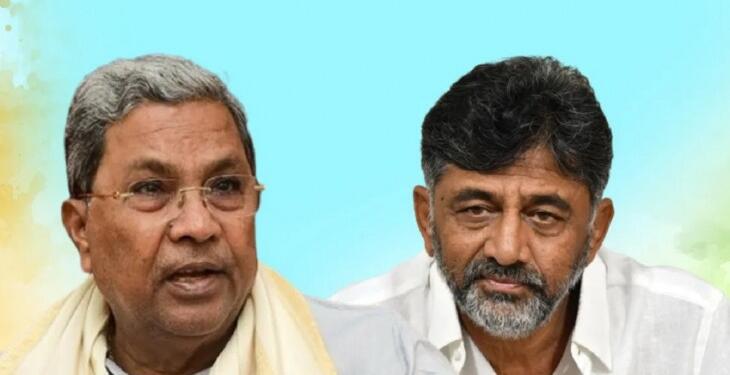The Karnataka government’s proposed draft bill aimed at curbing hate speech and hate crimes has ignited intense debate across legal, political, and civil society circles. While the intention is to prevent identity-based violence and harmful rhetoric, critics are questioning whether the law overreaches into constitutionally protected free speech and whether such a move from a state government is legally valid. The bill arrives amid a series of similar legislative initiatives, including a controversial fake news bill, drawing attention to the Congress-led government’s growing appetite for regulatory control over free speech.
The Bill at a Glance: Scope and Penalties
Titled the Karnataka Hate Speech and Hate Crimes (Prevention and Control) Bill, 2025, the legislation criminalises hate speech and identity-based violence with penalties of up to three years in prison and a fine of ₹5,000. Offences under the bill are classified as non-bailable and non-cognisable. Hate speech includes any written, verbal, visual, or digital communication that promotes hostility or incites harm. Hate crime refers to acts of violence or intimidation based on religion, caste, gender, sexual orientation, language, disability, or tribal identity.
Notably, the bill expands accountability to digital platforms like social media intermediaries, internet service providers, search engines, and telecom operators. If such entities are found hosting or disseminating hate content whether knowingly or not they could face penalties, including imprisonment.
Enablers of hate speech those who provide logistical, financial, or technical support may also be prosecuted under the same provisions. District magistrates will be empowered to impose preventive measures like banning processions or the use of loudspeakers for up to 30 days, extendable by another 30, if communal tensions are anticipated.
Concerns Over Free Speech
Legal and civil rights experts warn that the bill’s broad language could have a chilling effect on freedom of expression. The inclusion of private speech and subjective interpretations of what constitutes “hostility” or “harm” raises alarm bells. Critics argue that vague terminology could be misused to target dissent or criticism of the government.
While the bill offers exemptions for academic research, artistic work, religious discourse, and factual journalism, these caveats come with restrictions. Any content that can potentially incite violence remains prosecutable. This conditional protection has left free speech advocates questioning whether genuine public discourse could be stifled under the fear of prosecution.
A Political Tool in Disguise?
With the Congress government at the helm in Karnataka, some political observers suggest that the bill could be weaponised against opposition voices and used selectively. Given its wide scope and the preventive powers granted to local authorities, the bill opens the door for potential misuse during elections or protests.
Political parties have pointed out that such laws could easily be applied against ideological opponents, turning law enforcement into a tool for silencing inconvenient narratives. The district magistrate’s authority to curb gatherings could affect political rallies, creating an uneven playing field.
Fake News Bill Adds to the Controversy
Adding fuel to the fire is another proposed piece of legislation the Karnataka Fake News Bill which seeks to penalise the creation and dissemination of misleading or false information. Like the hate speech bill, it includes digital platforms under its ambit and prescribes heavy penalties.
Observers argue that both laws are cut from the same cloth: a pattern of increasing state control over information in a Congress-ruled state. Critics highlight that while fake news is undoubtedly a problem, the state’s attempt to define and prosecute it without clear guidelines could become a slippery slope. With both bills being discussed simultaneously, concerns about freedom of the press and citizen rights are intensifying.
Can States Legislate on Hate Speech?
Legal experts have also raised questions about whether a state government even has the legislative competence to enact such a law. Hate speech often falls under the purview of criminal law and telecommunications, both of which are subjects under the Union List in the Constitution.
If challenged, the bill may face scrutiny in courts for potential overreach. Constitutional scholars suggest that while public order is a State subject, regulating speech on digital platforms may clash with central legislation like the Information Technology Act.
A Balancing Act or Power Grab?
The Karnataka Hate Speech Bill presents itself as a measure to protect social harmony and prevent violence. However, the vague definitions, broad scope, and inclusion of digital platforms have led to growing fears of misuse, suppression of dissent, and legal overreach.
As courts and civil society weigh in, the bill’s future will depend on whether the state can balance security with constitutional freedoms. In a democracy as diverse and vocal as India, that balance must be struck carefully else it risks becoming a tool of control rather than a shield of justice.




















